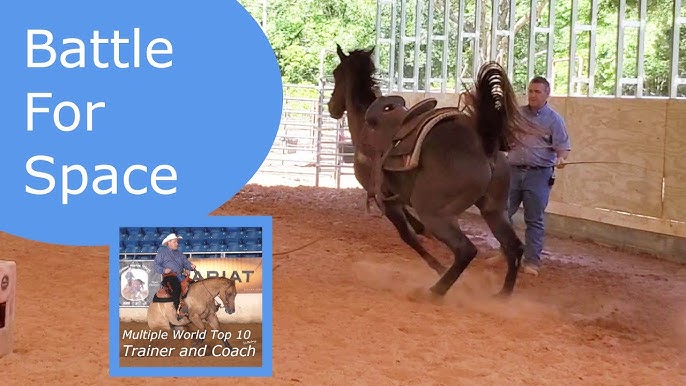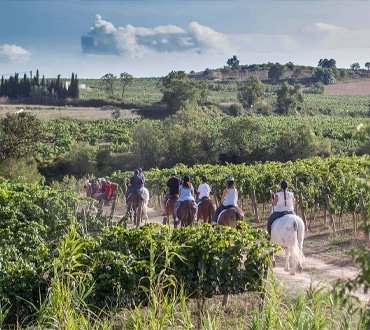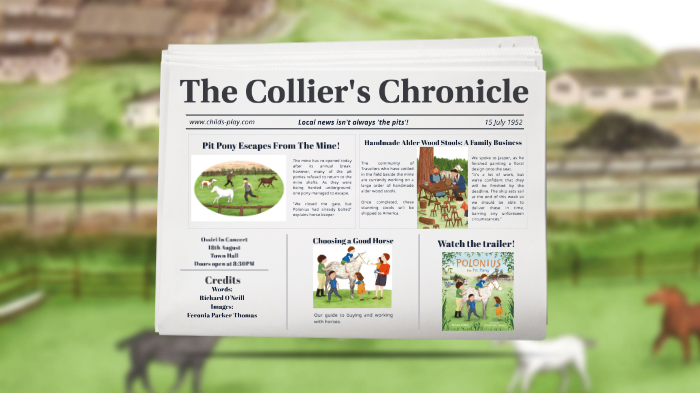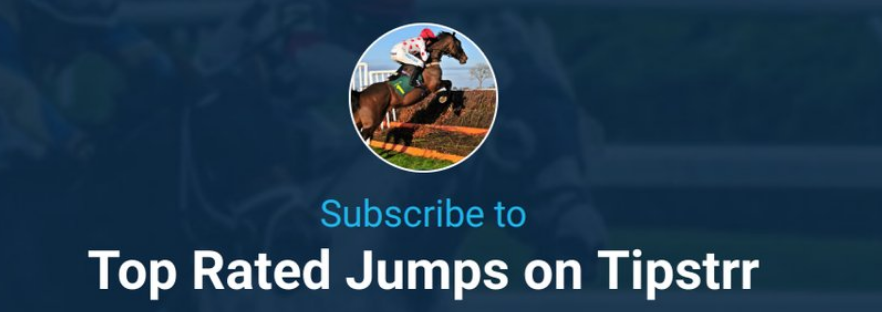How Do I Find a Good Horse?

Finding the right horse can be a rewarding yet challenging experience. Whether you’re a beginner or an experienced rider, selecting a horse that fits your needs, lifestyle, and goals is essential. This guide will walk you through the key factors to consider, practical tips, and common questions to help you make an informed decision.
Key Factors to Consider When Choosing a Horse

| Factor | Description | Why It Matters |
|---|---|---|
| Purpose | Define what you want the horse for: riding, competition, work, or companionship. | Ensures the horse’s abilities align with your goals. |
| Age | Horses mature around 5 years and can live 25-30 years. | Younger horses may require training; older horses may have health issues. |
| Breed | Different breeds have unique traits (e.g., temperament, size, stamina). | Helps match the horse’s natural characteristics to your needs. |
| Temperament | The horse’s behavior and personality. | A calm, trainable horse is ideal for beginners; spirited horses suit experienced riders. |
| Health | Check for soundness, past injuries, and overall condition. | Healthy horses reduce future veterinary costs and risks. |
| Training Level | The horse’s experience and training background. | Determines how much additional training you might need. |
Steps to Find a Good Horse

-
Research and Define Your Needs
- Identify your riding level and goals.
- Decide on the horse’s purpose.
-
Set a Budget
- Include purchase price, maintenance, and unexpected costs.
-
Visit Reputable Sellers or Trainers
- Look for recommendations and reviews.
-
Inspect and Test Ride
- Observe the horse’s behavior.
- Take a test ride to assess compatibility.
-
Get a Pre-Purchase Veterinary Exam
- Hire a vet to check for health issues.
-
Consider Trial Periods
- Some sellers offer trial rides or leases.
Common Breeds and Their Characteristics
| Breed | Size | Temperament | Best For |
|---|---|---|---|
| Quarter Horse | Medium | Calm, Versatile | Western riding, ranch work |
| Thoroughbred | Tall | Energetic, Sensitive | Racing, jumping, eventing |
| Arabian | Medium | Intelligent, Spirited | Endurance riding |
| Warmblood | Large | Calm, Trainable | Dressage, show jumping |
Frequently Asked Questions (FAQ)
Q1: How do I know if a horse is right for me?
A: Consider your riding experience, goals, and the horse’s temperament. Test rides and professional advice can help.
Q2: What should I look for in a horse’s health check?
A: Look for soundness, clear eyes, good coat condition, and no signs of lameness or respiratory issues.
Q3: Is it better to buy a trained horse or a young horse to train?
A: It depends on your experience and time. Beginners often benefit from trained horses, while experienced riders may enjoy training young horses.
Q4: How much does owning a horse cost?
A: Costs vary but include feed, veterinary care, equipment, boarding, and training. Budgeting for unexpected expenses is crucial.
Finding a good horse involves careful consideration of many factors, from your personal goals to the horse’s health and temperament. Taking the time to research, inspect, and consult professionals will help ensure a successful match and a rewarding partnership.
